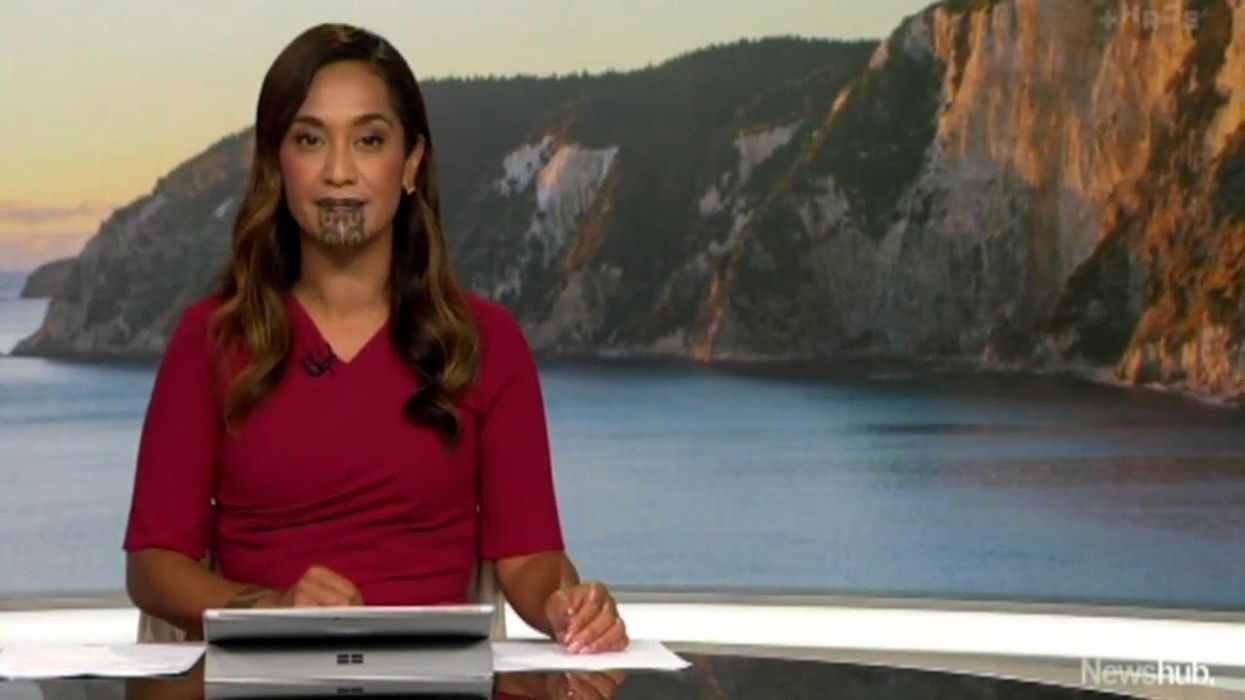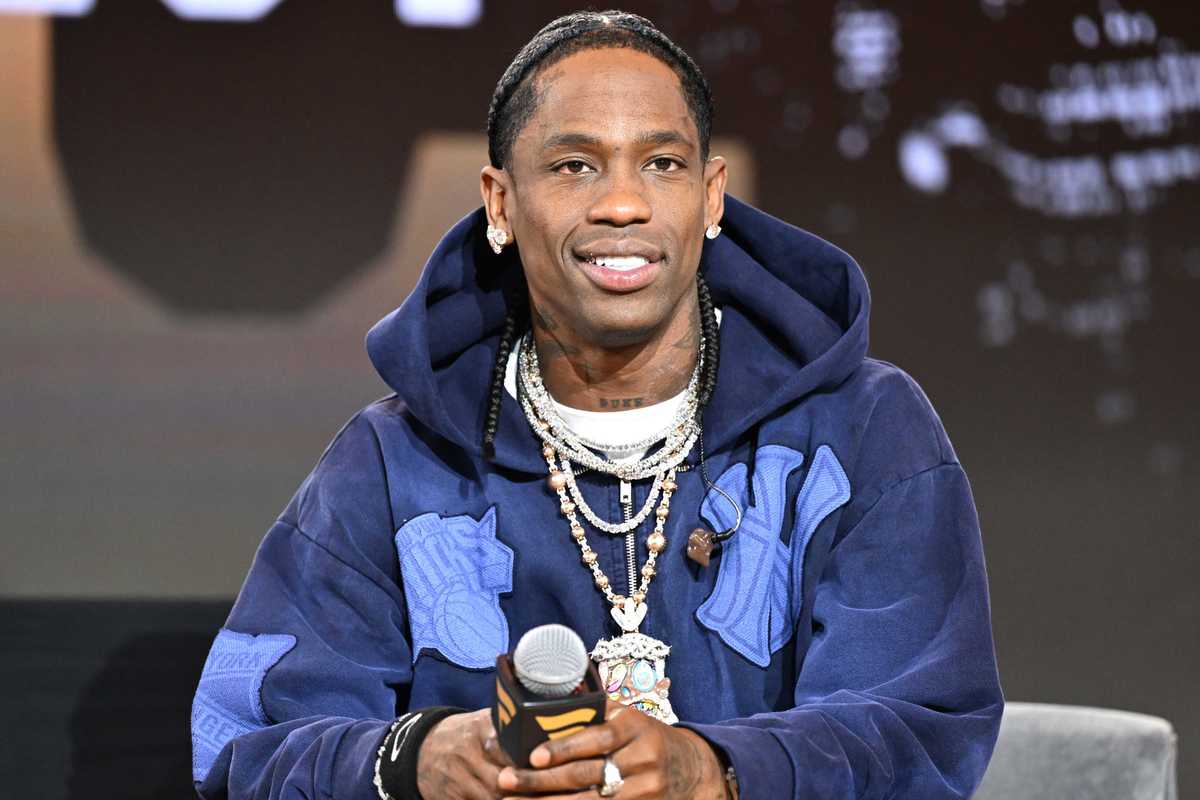Oriini Kaipara, the newsreader who made history as the first-ever person on primetime TV with a Maori face tattoo, has hit back at a begrudged viewer.
The moko kauae is a sacred lower chin tattoo worn by Maori women. "It’s breaking new ground for us as Maori, but also for people of colour, whether you’ve got a moko kauae or not," Kaipara told Stuff at the time.
Despite being flooded with overwhelming support last year, Kaipara was forced to shut down a viewer who called it "inappropriate".
The viewer, David, had furiously written into Newshub's newsroom, calling it a "bad look."
He also aimed at Kaipara's use of the Maori language, despite it featuring in many New Zealand broadcasts.
"We continue to object strongly to you using a Maori TV presenter with a moku, which is offensive and aggressive looking. A bad look," he wrote.
"She also bursts into the Maori language, which we do not understand. Stop it now."
Sign up to our free Indy100 weekly newsletter
On Thursday (25 August), the New Zealand newsreader took to Instagram, saying she'd "had enough".
She shared her full response to her 58,000 followers: "Today I had enough. I responded. I never do that. I broke my own code and hit the send button," she said.
"Thank you for all your complaints against me and my ‘moku’. I do find them very difficult to take seriously, given there is no breach of broadcast standards,"
“If I may, I’d like to correct you on one thing – it is moko not ‘moku’. A simple, helpful pronunciation guide of ‘Maw-Caw’ will help you articulate the word correctly.
“I gather your complaints stem from a place of preference on how one must look on-screen, according to you. Moko and people with them are not threatening, nor do they deserve such discrimination, harassment or prejudice.
“Moko are ancient cultural markings unique to the indigenous people of Aotearoa, myself included. We mean no harm or ill intent, nor do we deserve to be treated with such disregard. Please refrain from complaining further, and restrain your cultural ignorance and bias for another lifetime, preferably in the 1800s.”
Kaipara concluded her message with "Nga mihi matakuikui o te wa", which translates to a polite goodbye, describing herself as "the lady with the moko kauwae who speaks Maori but MOSTLY English on TV."
She told The New Zealand Herald that the man had been "relentless" with his complaints.
She said: "The fact that my existence triggers some people is testament to why we need more Maori advocates in key roles across every sector."
Have your say in our news democracy. Click the upvote icon at the top of the page to help raise this article through the indy100 rankings.














